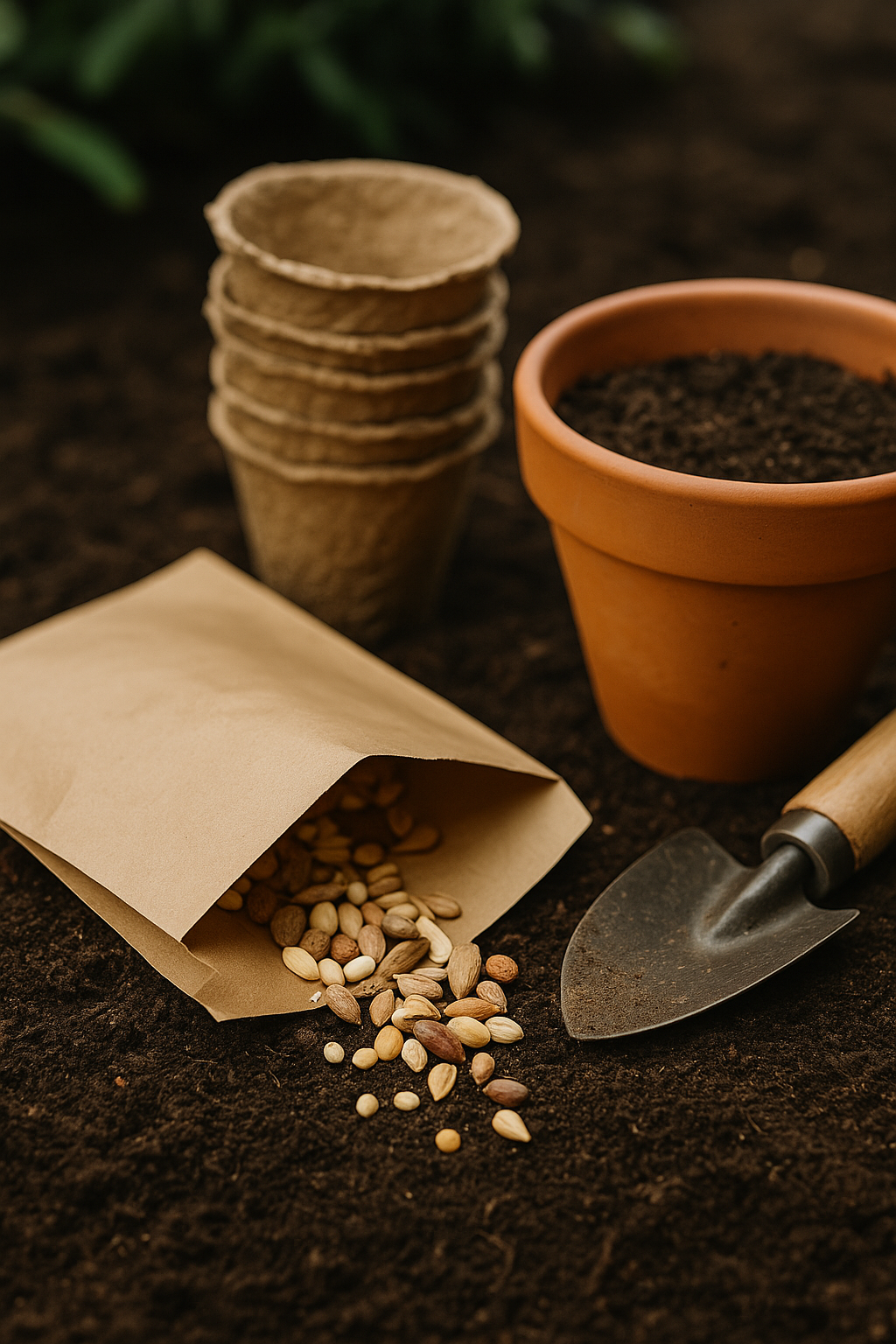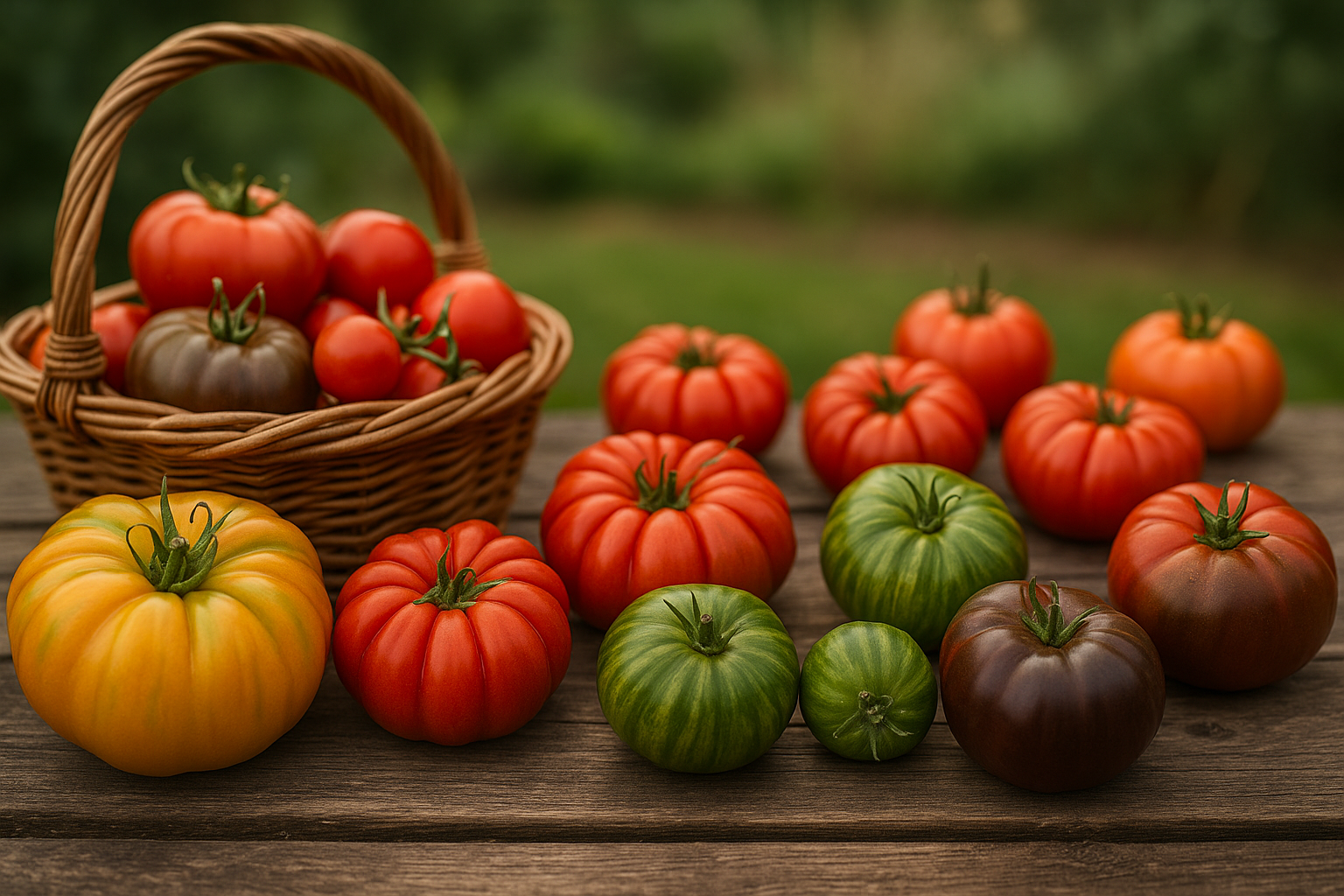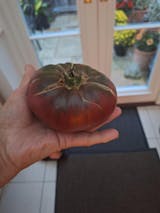The choice of seeds, foundation of the permaculture vegetable garden
In permaculture, everything starts with the seed. It is not a simple purchase: it is a choice that determines the biodiversity of your garden, the quality of your harvests, and your ability to become self-sufficient. A good seed is one that respects the life of the soil, natural balances, and the cycle of the seasons.
But faced with the immense diversity of species and varieties, how to make the right choices when starting out? Here is a guide to help you step by step.
1. Choose organic and untreated seeds
The first reflex to adopt: favor seeds from organic farming. They have not been chemically treated after harvest, nor produced in intensive systems.
Why is this important?
- Because organic seeds respect natural balances and integrate better into a living soil.
- Because they promote more resistant plants, without dependence on chemical inputs.
- And because they preserve the health of gardeners and their environment.
2. Favor reproducible seeds
A “reproducible seed” is a seed that can be sown, harvested, and resown year after year. In contrast, F1 seeds (hybrids) often produce sterile plants or plants that are not true to the parent.
In permaculture, we therefore favor:
- Population seeds, genetically more diverse, thus more adaptable.
- Peasant seeds, from natural selection.
- Old varieties, rich in flavor, hardy, and often forgotten by the market.
👉 Our selection: old seeds to sow in the vegetable garden
3. Bet on easy species to start with
For a first vegetable garden, the idea is not to grow everything, but to succeed in your first sowings. Here are some reliable, generous, and educational species to start with:
🌱 Leafy vegetables
- Lettuce: grows fast, cold-resistant, perfect for successive sowings.
- Spinach: ideal in cool soil, very nutritious.
- Swiss chard: colorful foliage, grows effortlessly.
🥕 Easy roots
- Radish: rapid growth, perfect for children.
- Carrot: prefers light soils, but very rewarding.
🍅 Fruit vegetables
- Zucchini: very productive, loves compost!
- Cherry tomato: less fragile than large ones, perfect to start.
🌼 Companion plants
- Marigold: attracts pollinators, protects against nematodes.
- Nasturtium: attracts aphids, diverts attacks.
👉 See our organic vegetable seeds to start
4. Adapt your choice to the conditions of the place
A good seed choice is also a choice adapted to your soil, your climate, your exposure. Some examples:
- Clay soil? Try pole beans, chard, peas.
- Poor soil? Turn to green manures (mustard, phacelia).
- Balcony or small space? Opt for dwarf varieties or aromatic plants.
5. And if you don’t know where to start?
There are ready-to-use seed kits, designed to help you discover several species adapted to your situation:
Conclusion
Choosing the right seeds is laying the foundation for a living, nourishing, and self-sufficient vegetable garden. By opting for organic, reproducible, and adapted seeds, you are already gardening differently. So trust nature… and your curiosity!
🌿 Discover all our natural seeds and start sowing consciously.





Leave a comment
This site is protected by hCaptcha and the hCaptcha Privacy Policy and Terms of Service apply.